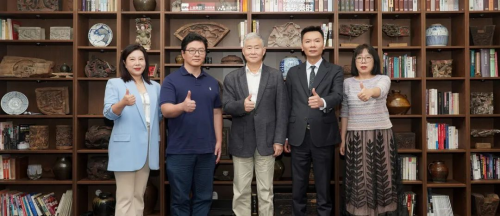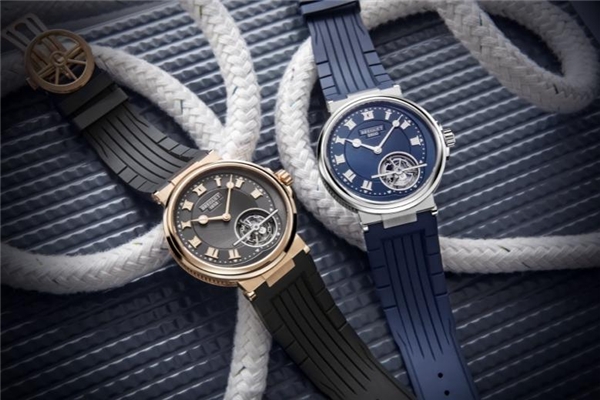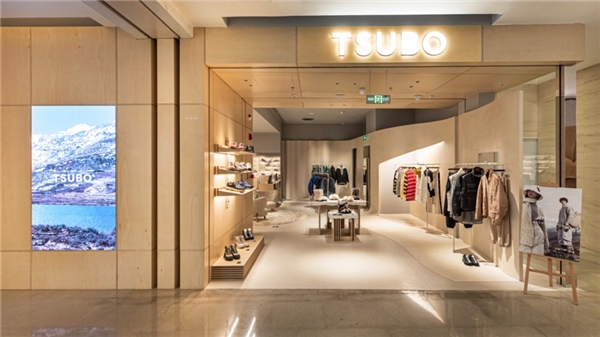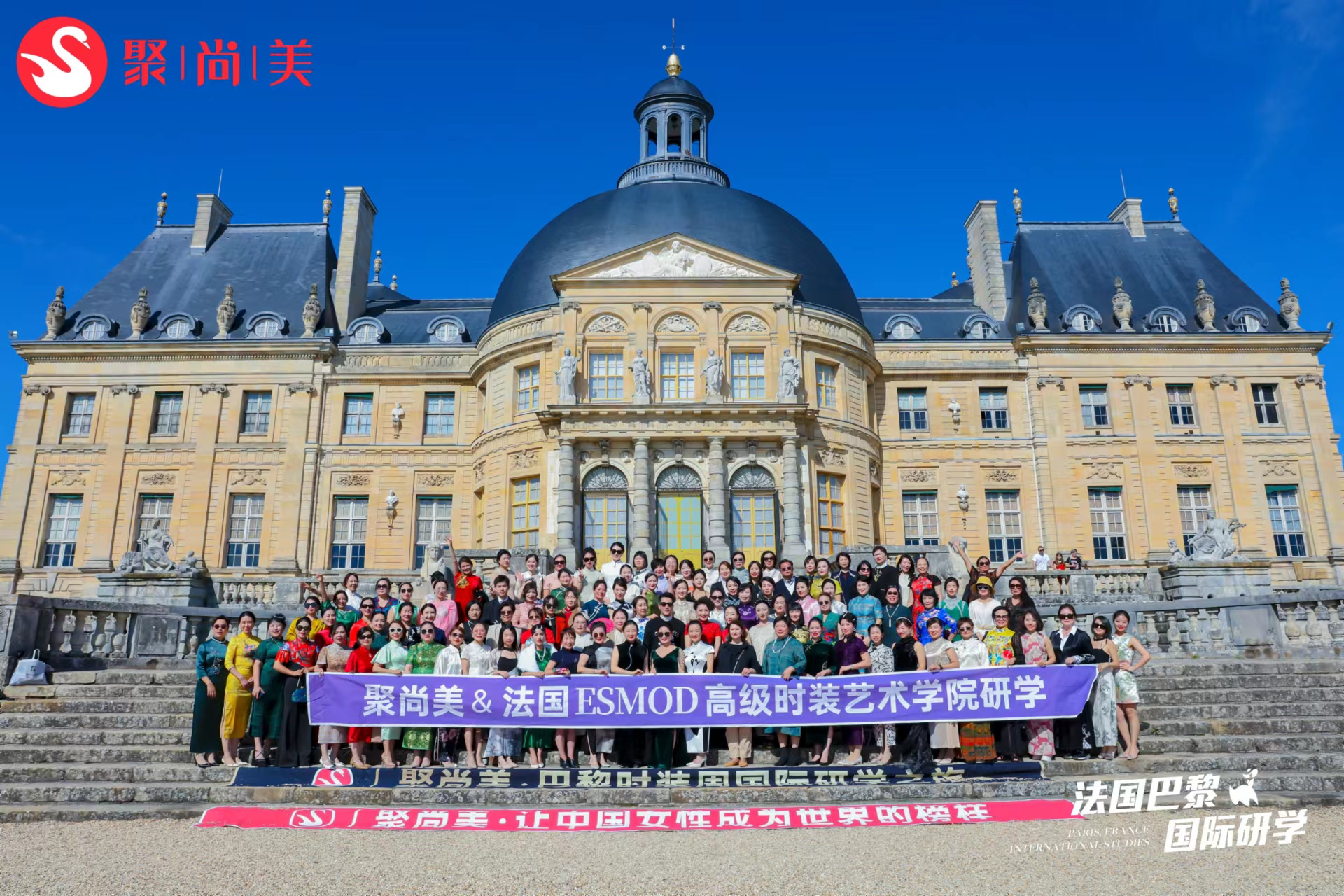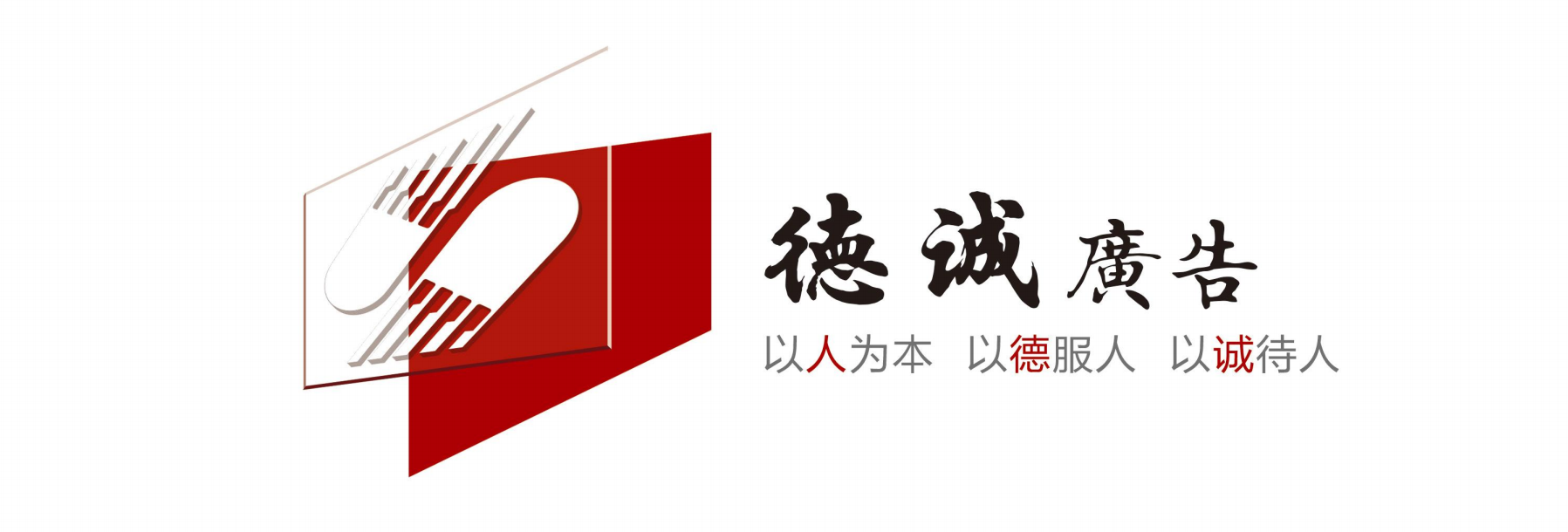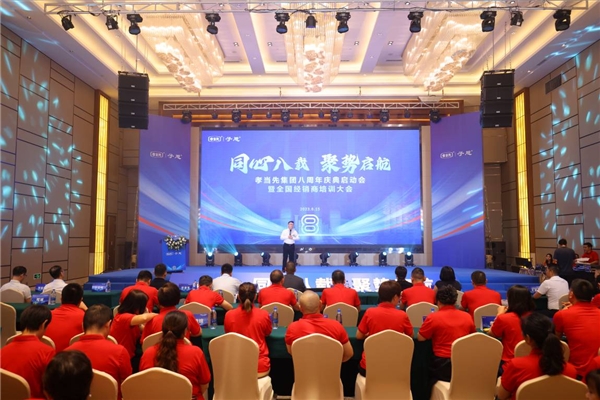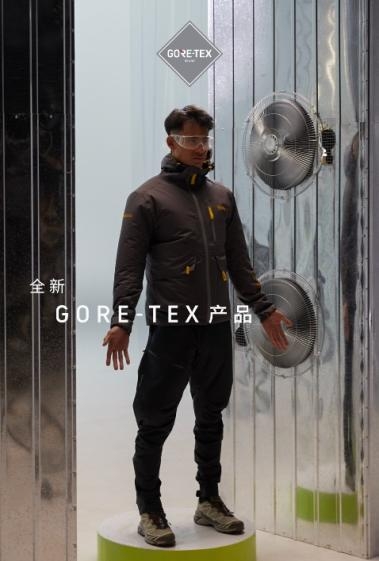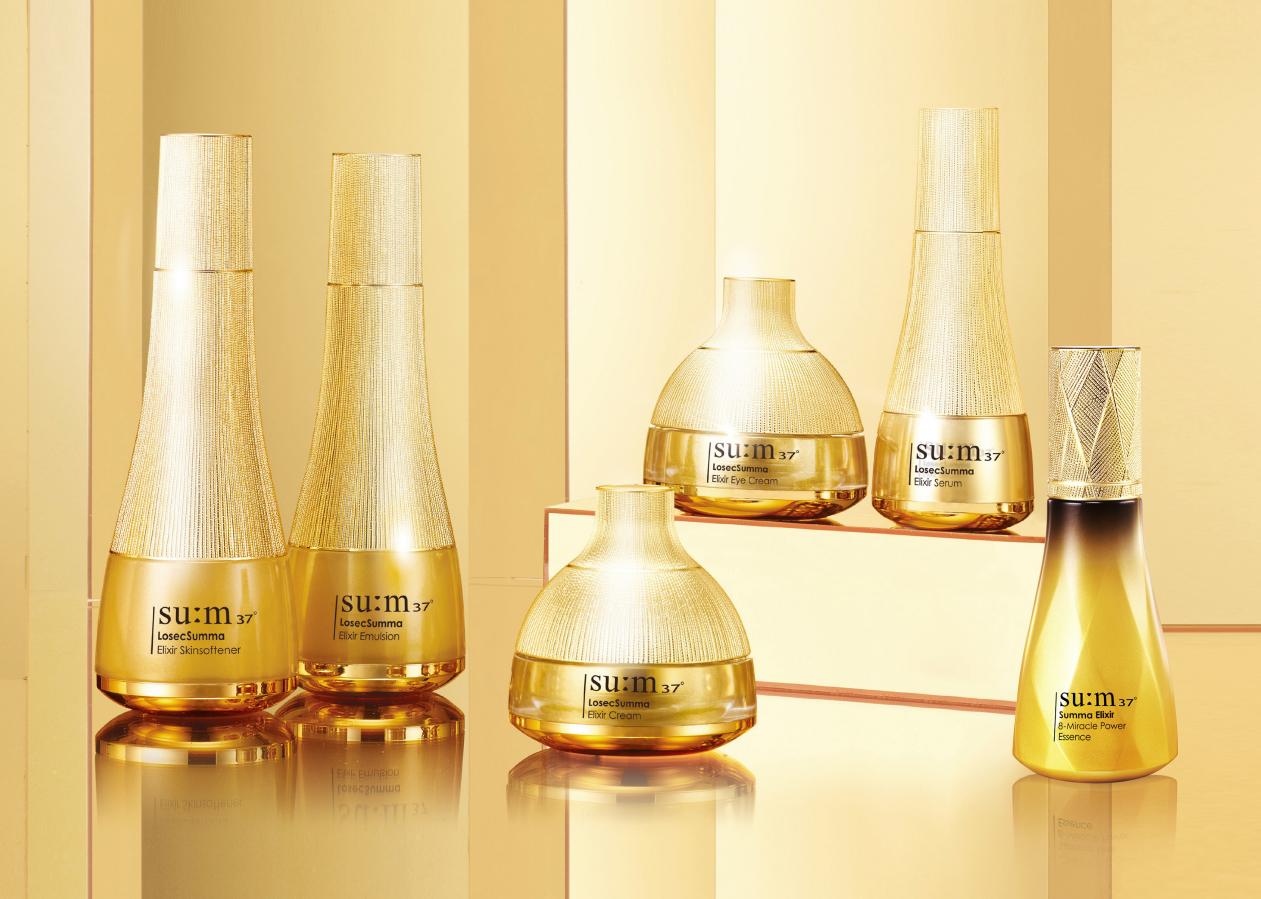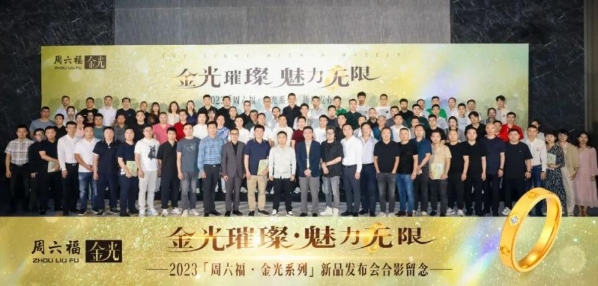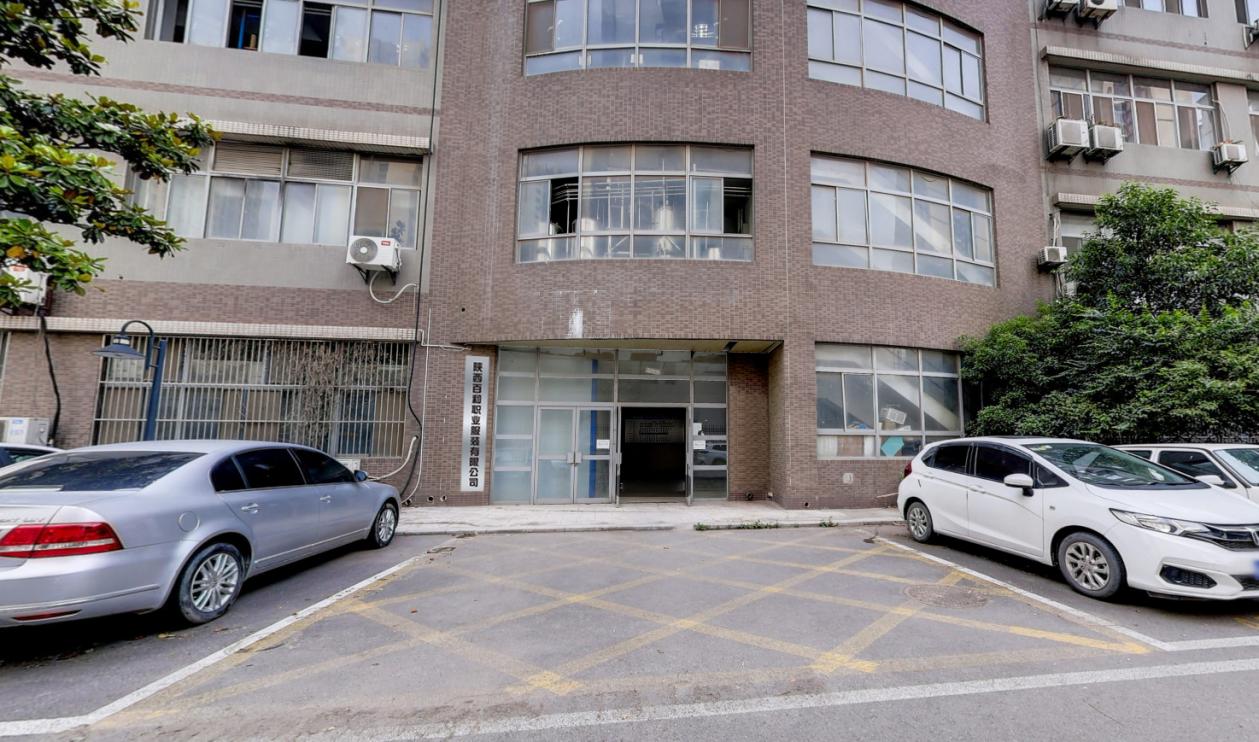The wave of sexual misconduct scandals rolling through Hollywood, politics and the fashion world has engulfed another high-profile fashion personality, with photographer Bruce Weber facing accusations of harassment from not one, but two male models.
Last week, the New York Post reported that model Jason Boyce was suing Weber for inappropriate touching during a December 2014 casting session at Webers flat.Yesterday, a second accuser, model Mark Ricketson, held a press conference with Boyce to say that Weber had also harassed him in a similar context.
Both men described separate experiences of meeting Weber for casting sessions during which the photographer, known for his sexually charged work, instructed them to remove their clothes, fondle themselves and then engage in sexual activity.
Boyce called the experience “terrifying and humiliating” during the press conference.“I have suffered from depression and anxiety as a result of my photo shoot with Bruce Weber, and want this behaviour to end now.I filed this lawsuit to show that this kind of abuse is wrong, and to hopefully stop it from happening to more of us.”
For Ricketson, the encounter took a similar form, with Weber guiding Ricketsons hand to touch his genitals during an initial meeting about a shoot.Although his experience took place 13 years ago, placing it outside the statute of limitations, he said he decided to come forward to corroborate Boyces account and support other victims.
"Ive ... talked to other young men who, like me, knew that if we protested or refused then we would be blacklisted, not just from the photo shoot, but likely from our agency," Ricketson said at the press conference, as reported by USA Today."There is no safe place to go.If you wanted to work, you did what you were told."
Models have long been among the most visible but least empowered participants in the fashion industry.Young models in particular describe a heightened awareness of their own replaceability, and a sense that anyone who complained -- for instance, about a lack of adequate changing facilities, food on set, or even inappropriate touching -- could be branded “difficult” by agents, bookers or photographers, and overlooked for future work opportunities.
But the growing ranks of victims who have come forward with their experiences is leading a pushback, largely via social media.Model Cameron Russell has led the charge in the fashion industry by re-posting on Instagram anonymised messages from models, male and female, who recount abusive episodes, along with the hashtag #MyJobShouldNotIncludeAbuse.
Lisa Bloom, the lawyer representing Ricketson and Boyce (she"s also a former legal adviser to film producer Harvey Weinstein), said the modelling industry is “overdue for accountability for its exploitation of models.”
"Others have told me that they left the business because they could no longer put up with the exploitation," she said at the press conference."Some have said they thought being harassed and groped was just part of the business.But its not.Every worker, regardless of industry, is entitled to a workplace free of sexual harassment."
Weber has built his career on sexually suggestive images of sweat-slicked, muscular models, most prominently for Calvin Klein and Abercrombie & Fitch, and glossy portraits of Hollywood stars.His nickname in the late 1980s was starmaker for his power to catapult models to fame.
Weber has yet to respond to the allegations.
 时尚街拍网
时尚街拍网